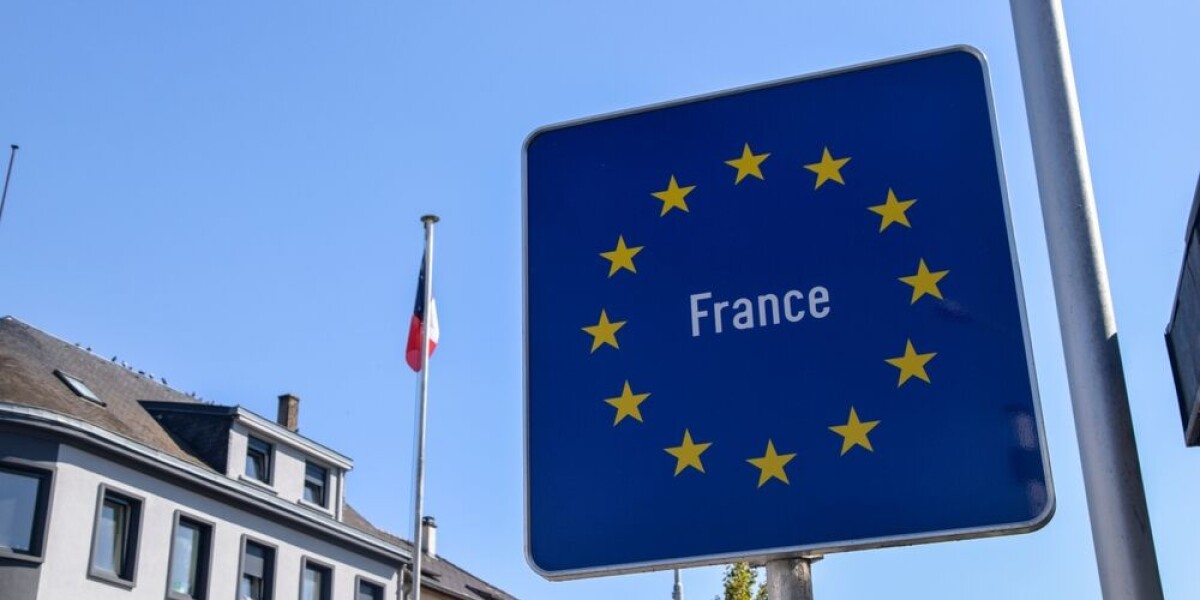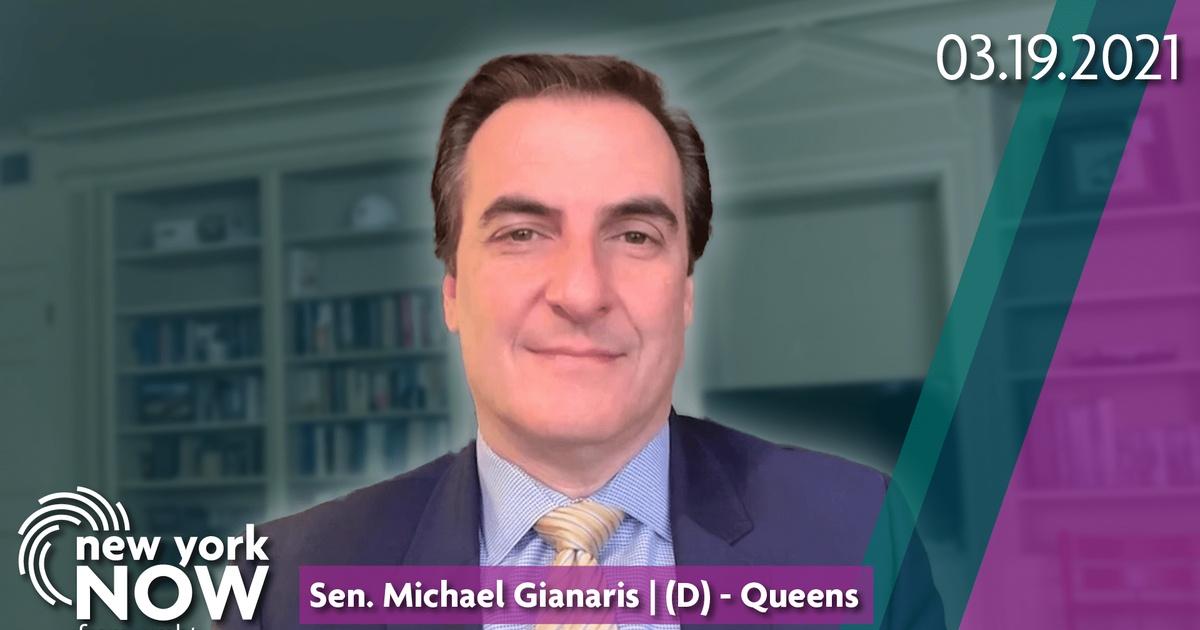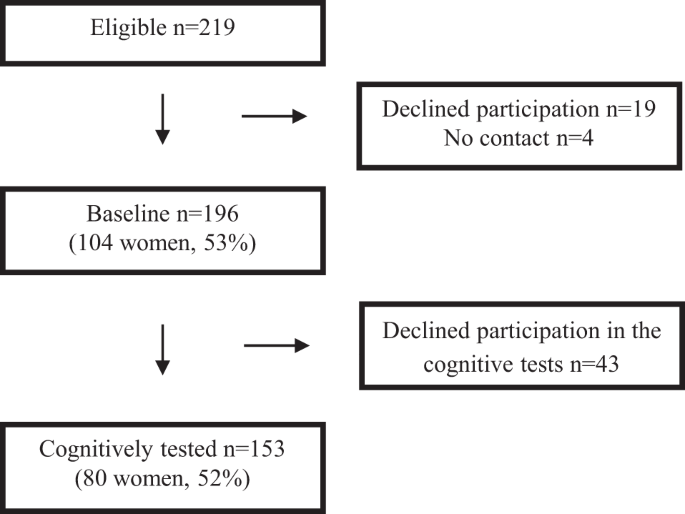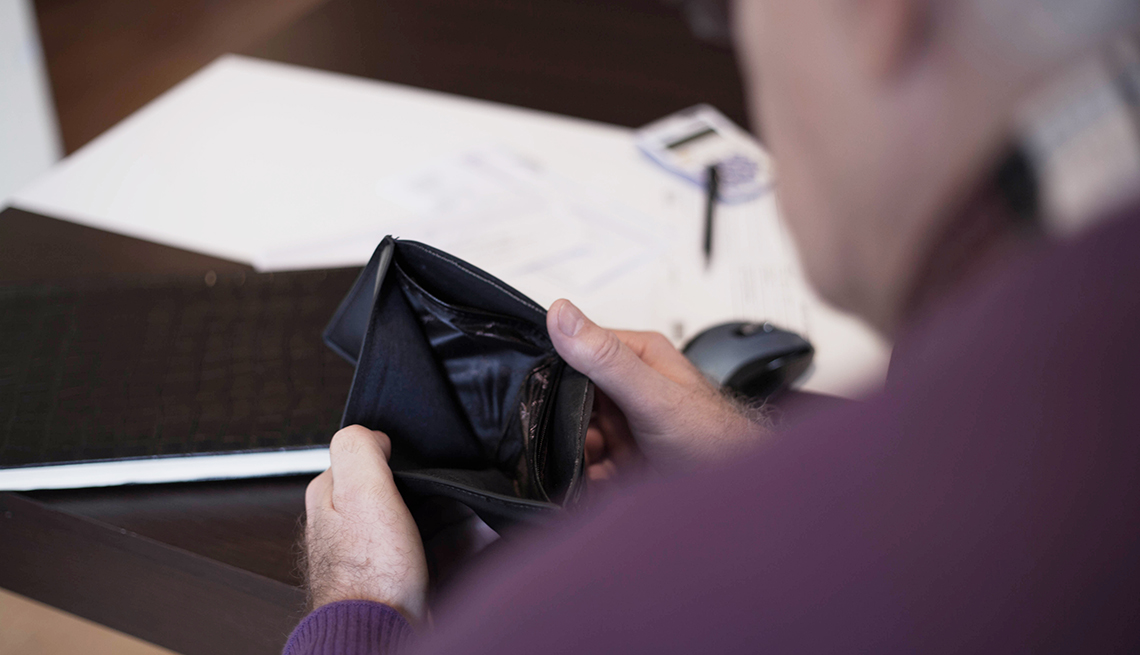
- Select a language for the TTS:
- UK English Female
- UK English Male
- US English Female
- US English Male
- Australian Female
- Australian Male
- Language selected: (auto detect) - EN
Play all audios:
TRAVELLERS MAY BE ASKED TO PRESENT THEIR PASSPORT INCLUDING ENTRIES BY ROAD AND RAIL AS WELL AS FLIGHTS Tighter border checks between France and its neighbouring EU/EAA countries will remain
in place for another six months, as the country extends the temporary emergency policy. Officials will be able to carry out checks on people arriving into France from Spain, Italy,
Switzerland, Germany, Luxembourg, and Belgium. Checks can take place at sea and air borders as well as land crossings, but it is the latter that will be mostly impacted. This includes
entries via road, as well as on public transport such as high-speed or local rail services. Border forces are authorised to carry out checks until October 31, 2025. Non-EU travellers may be
asked to present travel documentation such as a valid passport – stamped to show the date of arrival in the EU, or unstamped but with a valid EU residency permit or visa alongside it. EU
citizens can show an EU passport or a valid national ID card. You should always take your passport with you if you cross international borders, even within the Schengen area where these
borders are usually ‘open’. MORE STATES INTRODUCE BORDER CONTROL MEASURES While borders between Schengen area members are typically fully open and no checks are carried out, member states
have the option to temporarily take control of their borders in ‘emergency situations’. France authorised officials to conduct more checks with the countries listed above over security
issues in November 2024. However, it has had stricter border measures in place with at least some EU neighbours since November 2015, following the terrorist attacks in Paris. Regarding the
extension of the current checks, the European Commission cites the following ‘internal security threats’: * Persistent jihadist threats * A rise in antisemitic attacks * The growing
criminal networks facilitating irregular migration and smuggling * Irregular migration flows towards the Franco-British border France is one of several countries to impose such temporary
restrictions. Austria, Italy, Sweden, the Netherlands, and Germany all have similar restrictions in place. Read more: French mayor criticises German border checks as cars and trains stopped
HOW WILL CHECKS BE CARRIED OUT? Police, gendarmes, and border/customs officials (douanes) will maintain a stronger presence at the crossings in question, particularly on land and rail
routes entering into France. They will not systematically stop all people passing through, but have the right to make checks on whoever they wish. These can be random spot-checks or more
targeted stops. Travellers will need to present valid documentation, and officials will be able to cross-reference this with information held on EU databases about wanted individuals or
those who have previously been denied entry, etc. During scenarios where a more serious breach of law is suspected, such as facilitating illegal migration, trafficking narcotics, etc,
officers will also be able to conduct bag and vehicle checks. The number of checks taking place will be increased, particularly during moments of heightened tension or threat to France, or
along certain border crossings known to be used by criminals.






:max_bytes(150000):strip_icc():focal(773x336:775x338)/glen-powell-daisy-edgar-jones-charlize-theron-charlize-therons-africa-outreach-project-block-party-071524-1-16043969cb9a4750a578c9c9867fa524.jpg)

